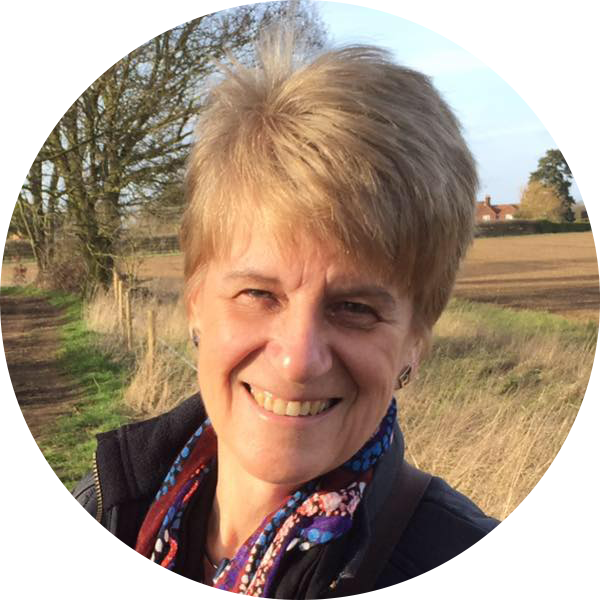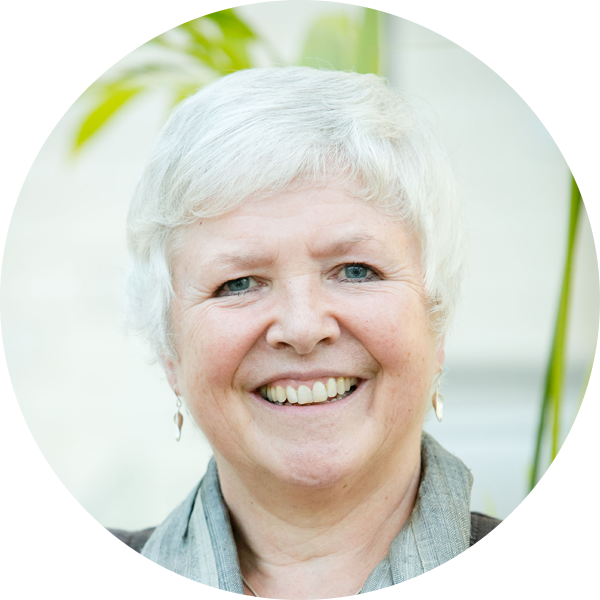Abstract
Family violence is a global public health problem, which constitutes a violation of human rights and is considered a hidden epidemic. Family violence (also named domestic violence, domestic abuse or battering) includes intimate partner violence, child abuse/neglect and elder abuse, among others and can take many forms: physicial, emotional, verbal, sexual, physchological, etc. Its consequences involve serious damage to the physical, mental and social well-being of individuals and families.
Primary health care professionals may be the first or only point of contact for victims who may be hesitant or unable to seek other sources of assistance. These professionals are in the unique position to offer a safe and confidential environment to facilitate disclosure of violence, and provide appropriate support and referral to other resources and services.
Evidence shows that abused women use health care services more than non-abused women, and identify health care professionals as those who they would trust the most with disclosing an abuse. Yet, they tend not to disclose abuse unless specifically asked. Therein lies a problem: most of the practicing physicians have received either no or insufficient education or training in any aspect of family or gender violence.
The scope of the problem is alarming: WHO indicates that about 1 in 3 (35%) of women worldwide have experienced either physical and/or sexual violence by intimate partner or non-partner violence in their lifetime. However, experts know that rates of all forms of family violence are underestimated.
Why are we not prepared to face an epidemic like this? What are the reasons behind this lack of knowledge and barriers to take action? How can we, health care professionals in the frontline, assume our roles and responsibilities to provide the best care possible to victims, families and perpetrators?
Raquel Gómez Bravo received her MD from the University Medical School of Malaga and completed her Family Medicine vocational training in Madrid (Spain). She is an expert in Mental Health in Primary Care (University of Alcalá, Madrid) and Toxicological, Traumatology, Pediatric, Cardiovascular, Critical and Infectious Emergencies (University of Barcelona).
She is a passionate general practitioner, who has always combined various working environments; these range from her experience as Chief of Residents (2009-2010) at the Emergency Department of University Hospital La Paz (Madrid) to working as a clinician and consultant in different Emergency Departments and Primary Care settings (rural, urban and islands), to mentoring, supervising and teaching at the Autonomous University of Madrid (2009-2012) and in several institutions about communication skills, family violence, leadership, eHealth, ICT and social media. She has also carried out teaching audits in several Hospitals in Spain, has worked as Freelance QA Editor for BMJ Best Practice and Learning and was a member of the team of the WHO collaborative centre of the Andalusian School of Public Health in integrated health services based on Primary Health Care.
She has been a very active member of the Vasco da Gama Movement (VdGM), establishing the first VdGM Forum, and participating in several organizing, advisory and scientific committees at regional, national and international level. Nowadays she is part of the Executive of the Special Interest Group of Family Violence of WONCA (SIGFV), the WWPWFM executive and editorial board member of Education for Primary Care Journal. She is also member of EURACT, the International section of the Spanish Scientific Society of Family and Community Medicine (semFYC) and the Luxemburgish Scientific Society for General Practice (SSLMG).
For the last 15 years, she has been volunteering, participating in research, educational working groups and contributing to the preparation of more than 40 oral presentations (including keynote speeches), 43 workshops and 37 poster presentations, in national and international conferences (e.g., WONCA Europe, WONCA World, SIAP, EGPRN, EURACT, EURIPA, VdGM Forum, Medicine 2.0, Med-e-Tel, Health 2.0 etc.). The list of presentations is available on request.
Her areas of interested encompass primary care, medical education, family violence, public health, leadership, social media, emergencies, rural medicine and quality. In May 2016, she joined the research group on Self-Regulation and Health at the University of Luxembourg as a Doctoral Researcher under the supervision of Prof. Dr Vögele and co-supervised by Prof. Feder. She is currently developing her PhD project focusing on Family Violence and Medical Education.
In a personal level, Raquel has a multicultural patchwork family, she is married, mother of two kids and living currently in Luxembourg. She enjoys traveling, nature, hiking, art, music, poetry, friends and above all the things, she loves writing.
Twitter: @rqgb
Instagram: @rqgb
Linkedin: http://www.linkedin.com/in/raquelgomezbravo











